- Egri Mitkal Building
- info@acsot.org
- +251934346264
- yikaalo@acsot.org
Tigray, Ethiopia – In a significant effort to address the challenges and opportunities presented by the Pretoria Agreement, seven civil society organizations in Tigray convened for a two-day consultative workshop from November 9-10, 2024 aimed at fostering dialogue on the implementation of the agreement and identifying pathways for recovery and development. The event was funded by USAID and organized by the Alliance of Civil Society Organizations of Tigray (ACSOT), alongside various local institutions, including the Tigray Chamber of Commerce, the Gerealta Institute for Policy Guidance and Training, Tigray Public Deplomacy, Tsilal- Civil Society of Western Tigray, Association for Securing Peace and Territorial Integrity of Tigray and Tigray Chamber of Commerce and Sectorial Association.
The workshop commenced with a thought-provoking presentation by Professor Assefa Abraha, a law professor from Addis Ababa University, who analyzed the transitional politics of Tigray and drew parallels with experiences from other countries. He emphasized the need for political unity within Tigray, arguing that a cohesive stance is essential for the region to play a pivotal role in stabilizing the East African crisis. “To achieve sustainable development, we must focus our efforts on the Woredas, where most resources are concentrated,” Professor Assefa stated. He also highlighted the urgent need to address the plight of internally displaced persons (IDPs) and maintain Tigray’s territorial integrity while calling on the Tigray Defense Forces (TDF) to take responsibility for curbing violence in the region.
Following Professor Assefa’s insights, Ambassador Wendmu Assamnew, from Gerealta Institute for Policy Guidance and Training, elaborated on the role of civic and trade organizations in implementing the Pretoria Agreement. He noted that while there has been a surge in civic movements post-agreement, challenges remain in organizing trade chambers and facilitating effective discussions among political parties due to financial constraints. He remarked that the TPLF’s influence, deeply rooted in Tigrayan society, carries significant responsibility in light of its commitment to the Pretoria Agreement, especially during this time of political crisis.
Dr. Ataklti Kiros, a business scholar, provided an economic perspective, detailing the dire state of Tigray’s economy following the conflict. He pointed out that while Ethiopia’s money circulation has tripled since the onset of war, Tigray’s infrastructure has been devastated, leading to rampant unemployment and inflation exacerbated by the devaluation of the Ethiopian birr. Dr. Ataklti proposed establishing a Tigray bank, investing in agriculture, and building concrete roads to connect rural areas as vital steps toward economic recovery.
Asgedom Tewelde, Tsilal- Civil Society of Western Tigray, addressed the humanitarian crisis facing IDPs and civilians in occupied territories, shedding light on the harsh realities they endure amidst ongoing violence and instability. He also highlighted the plight of Tigrian refugees fleeing to Sudan, caught in a cycle of conflict and uncertainty.
Lastly, Berihu G/Medhin, program manager of ACSOT, presented findings from a survey on the situation in Tigray post-Pretoria Agreement. He acknowledged the critical role civil society organizations play in trauma healing, peacebuilding, and advocacy but lamented the lack of coordination among these groups. “While efforts are being made, we must work towards greater organization to effectively voice our challenges and advocate for change,” Berihu concluded.
Political instability in Tigray emerged as a recurring theme throughout the discussions, particularly regarding the recent split within the TPLF party. Participants voiced concerns that this division could further exacerbate tensions and hinder efforts toward unity and peace.
The gathering culminated in a joint position statement that outlines ten essential points aimed at addressing the region’s challenges and ensuring a path towards stability. The key points of the joint position statement of the civic and business associations are as follows:
4. Accountability for Crimes: It is essential to hold accountable those responsible for crimes committed during the conflict through an independent and internationally compliant justice process.
5. Internal TPLF Resolution: The internal crisis within the Tigray People’s Liberation Front (TPLF) should be resolved through established party procedures, ensuring that government structures are not misused for political ends and maintaining a clear separation between party and state functions.
6. Media Responsibility: Media outlets are urged to adhere to ethical journalism standards, providing balanced information and refraining from actions that could harm public interests.
7. Unity for Security and Peace: Political parties, civic associations, media, and security forces should unite to define Tigray’s vital interests and establish a code of conduct based on agreed principles to promote stability.
8. Rejection of Narrow Political Interests: The people of Tigray are called upon to reject actions motivated by narrow political interests that could jeopardize the Pretoria Agreement or threaten Tigray’s unity.
9. Independent Commission of Inquiry: An independent commission should be established to analyze past challenges and mistakes over the last thirty-seven years, creating a roadmap for learning and prevention.
10. Tigray Conference: The Tigray Interim Administration is encouraged to convene a broader conference involving all Tigrayans, including various political parties and civil society groups, to foster open dialogue and consensus on fundamental issues affecting the region.
As the conference concluded, participants expressed optimism about the future, recognizing that collective efforts will be essential in implementing these resolutions. “A unified political front is crucial; otherwise, we risk falling into further discord,” one participant remarked, reflecting the sentiments shared by many attendees.


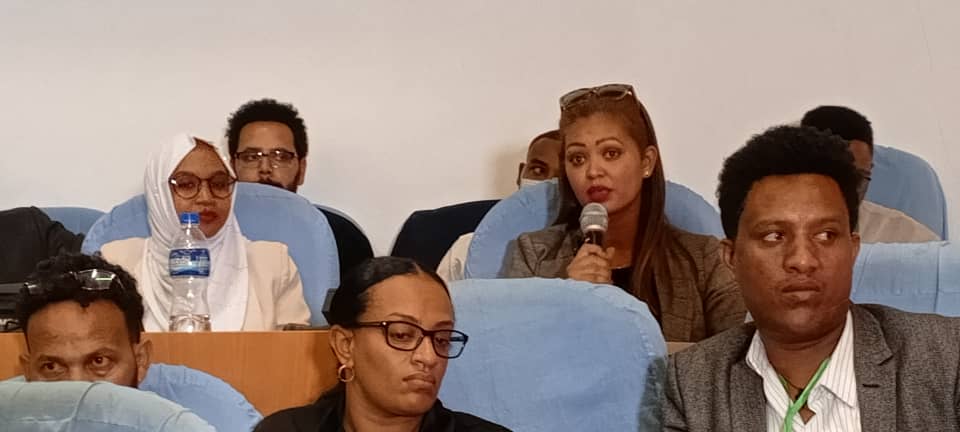
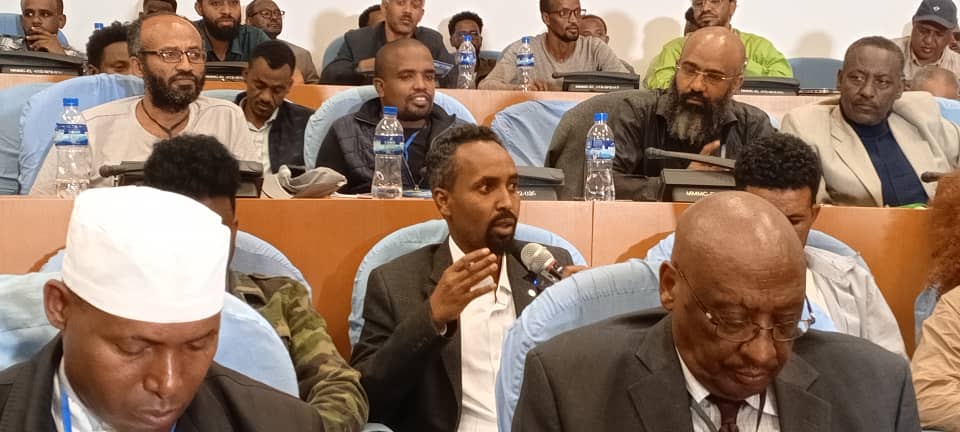
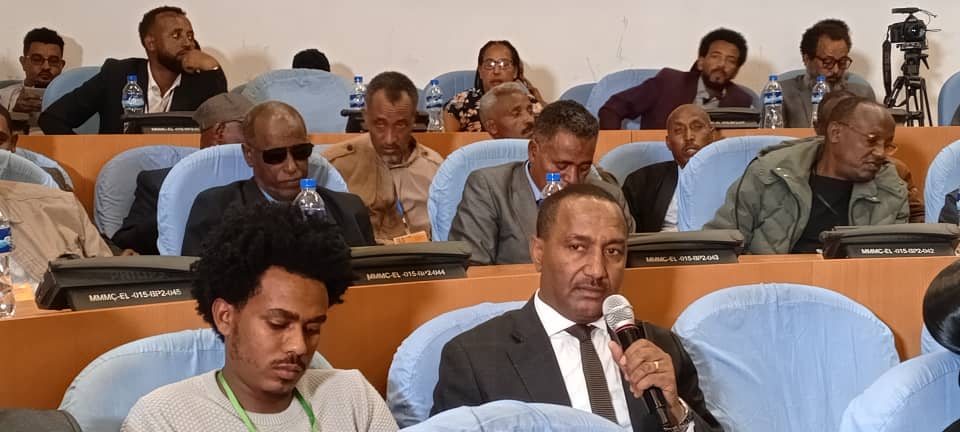
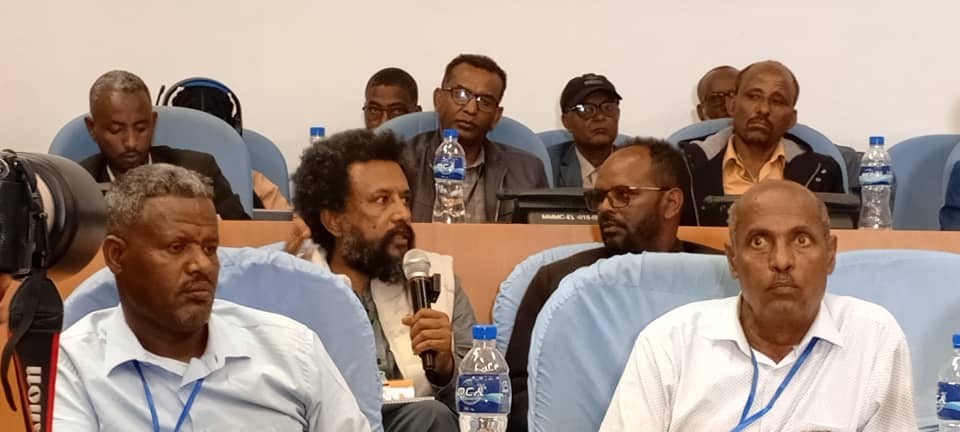



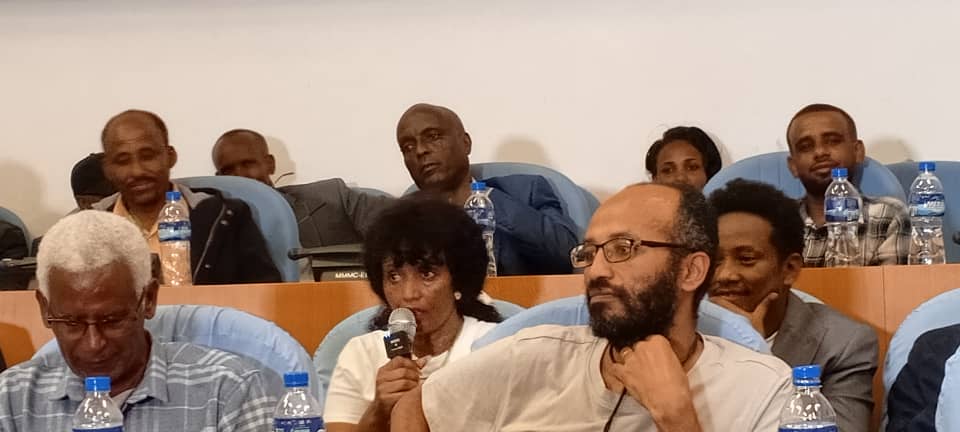

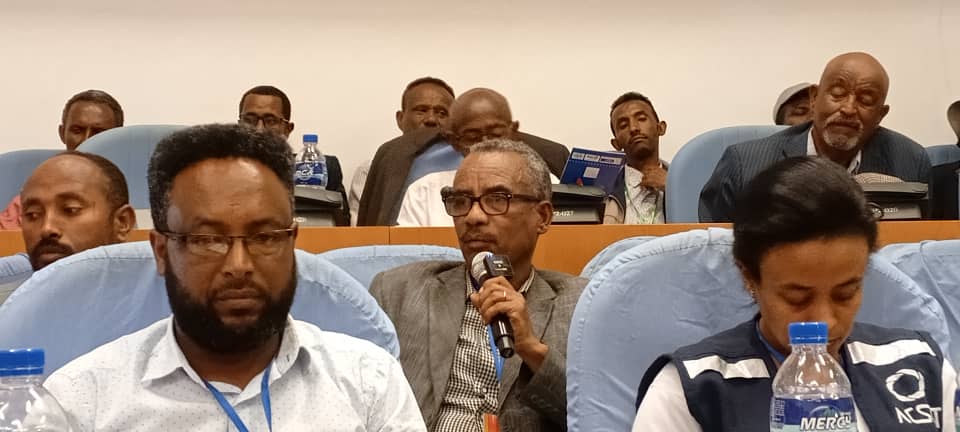
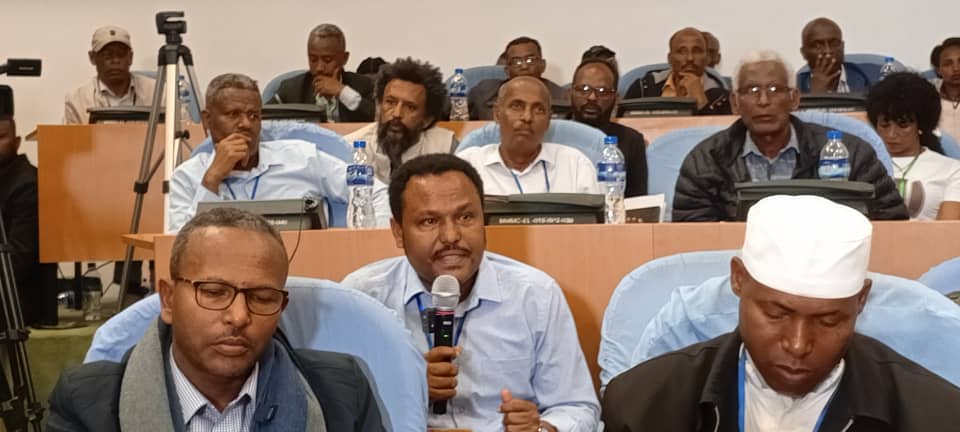


Leave a Reply